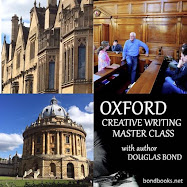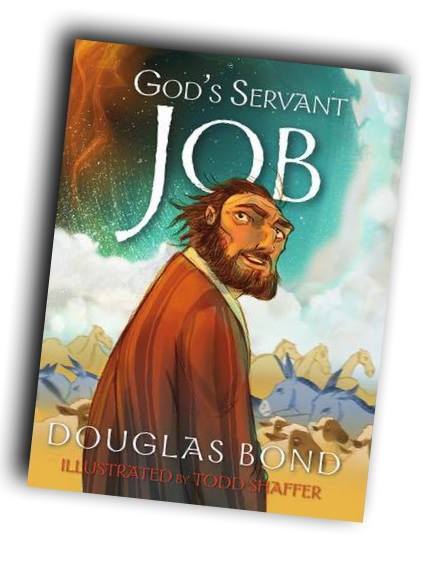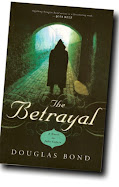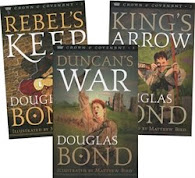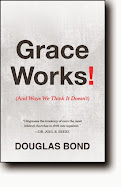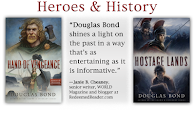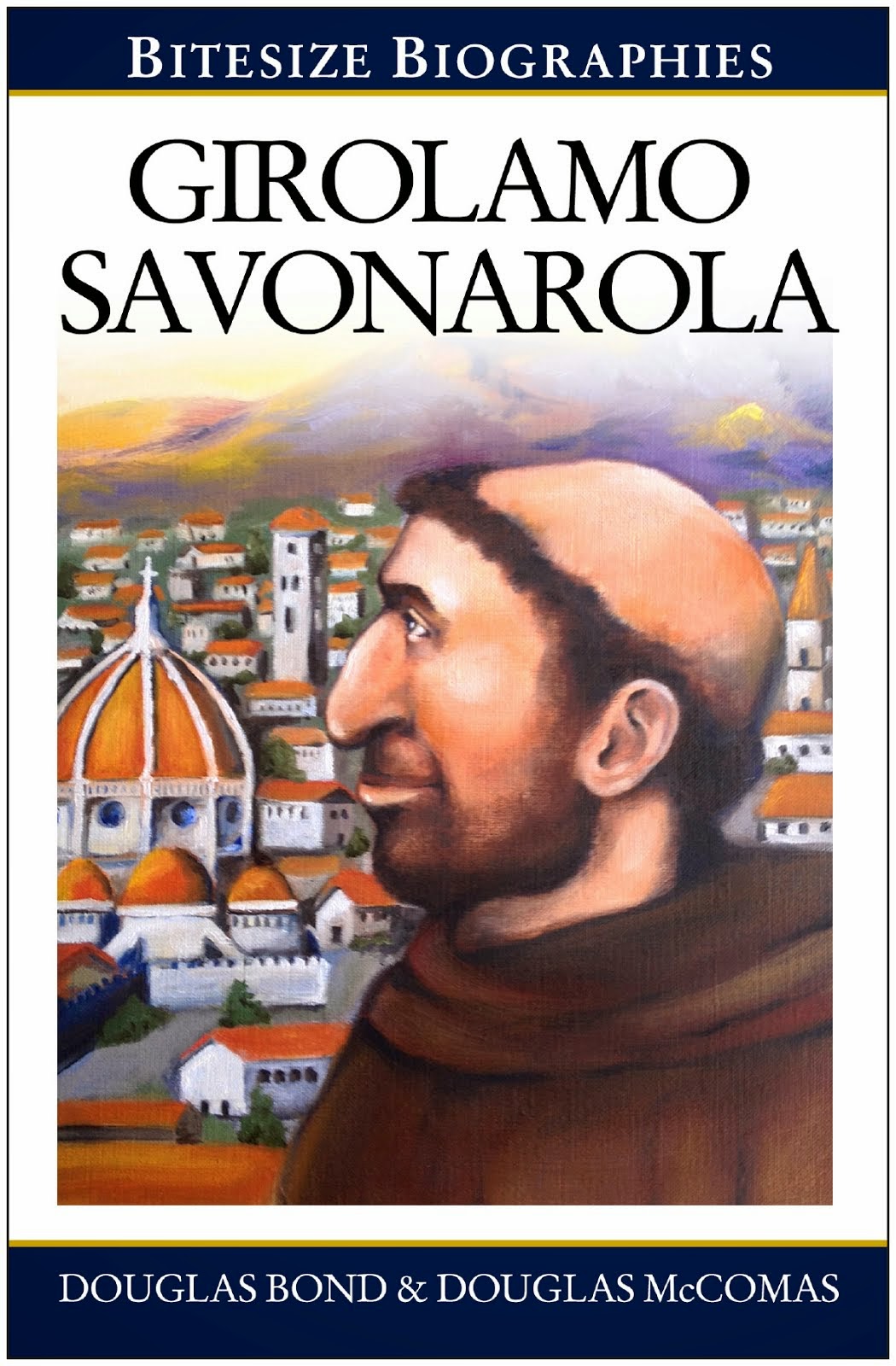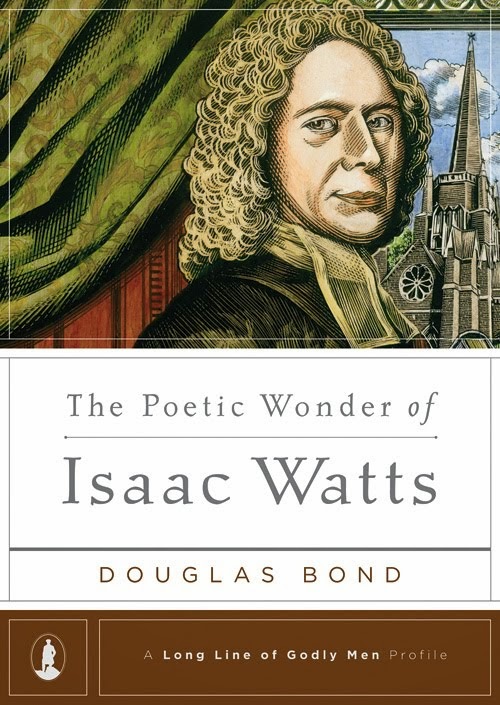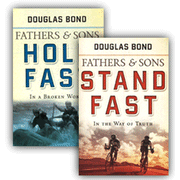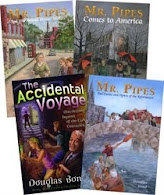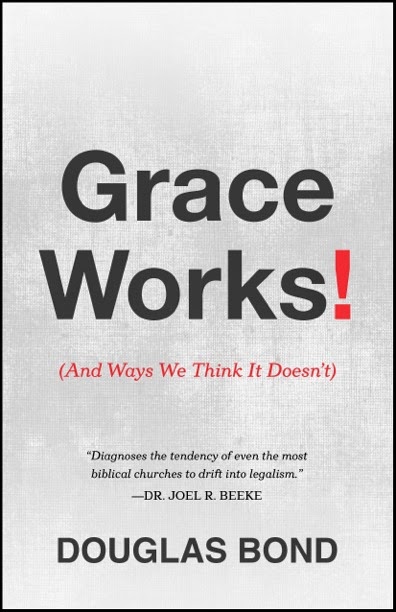 |
| Writing Luther/Katie novel and leading Luther 500 Tour |
Dougie Mac leads off with a revised Return to Tarawa, WW II historical fiction set in the Pacific theatre. I recent had the privilege of reading this then 94,000 word manuscript, now significantly tightened (cut more than 7,000 words); my main encouragement was to cut anything that didn't drive the story forward, that didn't immediately work on his protagonist, changing him, making him face his demons. He is rereading the first chapter. Pace is hugely improved. You cut out a number of things that I thought confused the reader: what is the problem, who do we care about, but now we feel far more focused. He explained what he did in revision. He realized that he had a character that was not necessary, and then another one who didn't really have an essential role to play. Patrick pointed out that just listening he wasn't sure if the old man was having a flashback to the war or was it the tourist boat? This is a good comment, though Patrick, in the end, thought it wasn't in need of revision.
I shared the work I'm doing on my Luther novel, Luther in Love (working title). I need a more sympathetic beginning. Two old people sitting around the fire in the Augustinian cloister might be a trifle dull, unless I handle it in a rivetingly compelling manner. Maybe start when Katie gets word of his death, was suggested, or at Luther's grave/funeral. I want this historical novel to adorn Christian marriage, show how God designed it for imperfect people, living in a dark and broken world, but that Christian marriage by God's design works better God's way. All the pet ideals about sex and marriage of today are busted wide open by the kind of portrayal of marriage I have in mind. A pastor friend of mine thought the book idea could shape into a book he would give as a first read in premarriage counseling; I like this idea. Then again, I could start the novel with Luther preaching on marriage, his treatise on why nuns and monks should leave the cloistered life and marry. Katie could be reading it aloud to Luther, sick and old, but the reader doesn't know that yet. I need more tenderness in this opening scene.“What a lot of trouble there is in
marriage! Adam has made a mess of our nature. Think of all the squabbles Adam
and Eve must have had in the course of their nine hundred years together. Eve
would say, ‘You ate the apple,’ and Adam would retort, ‘You gave it to me.’” And then after twenty years with Katharina von Bora, Luther says he wouldn't trade "My Rib" for all the gold of Croesus.
Bob reads his crime fiction just underway. Have him argue for his qualifications to be a New Age guru because he liked movies by Shirley McClain. Bob took us on a geology lesson about Soap Lake, Washington. Scheme to fleece women at the spas. Bob is calling it Hot Tub Homicide. Sofia has some very good ideas about how to expose with the story the snake oil dimensions of the whole false religion. We discussed the problems of changing point of view, with the opening character going to die a third of the way through the story. I suggest having the pastor who will be the sleuth and solve the murder be in the first chapter, dealing with a parishioner who is toying with New Age spa stuff. Good stuff and keep writing.
Patrick is explaining his speculative fiction work underway. The Jade Zealot. Story begins with the protagonist exiting the space station, launching himself into space to find the alien object. Fine tuning his trajectory or else; a tiny miscalculation grows in space; missing desired mark and the vastness of space stretches endlessly before you. The confrontation is terrifying. Patrick explained that it is horror genre. A house divided against itself cannot stand. Patrick, while reading aloud, caught a number of his own writing issues, proof once again of the critical importance of reading what we write out loud, often. I would go so far as to say that if we don't read aloud we have not finished our job yet. So much corrective happens when reading aloud. I'm having trouble seeing what is going on. Now, in fairness, this may be because of my genre limitation (true confession: I'm not a reader of sci-fi). John commented right off about his calculations needing to be precise. Dougie commented that it needs fleshing out, something Patrick is so good at, as we all have heard many times before, to our delight; this is an early draft. Bob wanted to know what his protagonist's motivation for doing what he is doing, launching out into space, but we don't know why. Patrick says that will come in later. Have suit talk to him when his heart rate goes too high or blood pressure rockets (sorry). Needs more anxiety about what he is doing, a flashback to his wife, and kids, if something goes wrong, and why it is the likeliest thing on the cards that something will. Ramp up the uncertainty, in my opinion.
Rachel working on a new story, this being what she's working on in between her college studies until next quarter. We got a name, straight off, Nicole and last name too. Place firmly established at the gate, New York City. Very good use of specifics, number of stories in the building, what it has and does not have. Good narrative, showing us the various people, but I'd like to hear more of the sounds of a bustling newsroom, digital printer, gurgling water cooler, an array of ringtones going off at the same time, buzz of voices, rapid footfalls--nobody walks at a normal pace in a newsroom. It is so much fun to watch high-octane Rachel describe what she is writing and what is coming. Nicole is going to have to undergo change. Rapid pace yarn, read rapidly by Rachel. Bob suggested fewer adjectives and more verbs, which is showing more than telling. You have a effective narrative style; don't lose that, but show us more than tell us. Patrick suggests moving it to a 1940s newsroom, which would create wonderful new sounds, typewriter keys clickity-clacking. Being forced to report on her ex-husband is a great set up. Make sure the contrivance works; show the history of other odd combining of reporters and subjects to write on. Nicole idealizes things and then is disappointed. This is her problem and the story should move from episode to episode driving her to change.
Alisa and John deferred to Rachel, ever the gracious writers. Next time you lead off, and Sofia, bring us some of your material to hear; glad you came.
I have a few more spaces available in the April 1-8, 2017 OXFORD CREATIVE WRITING MASTER CLASS. Check it out.



